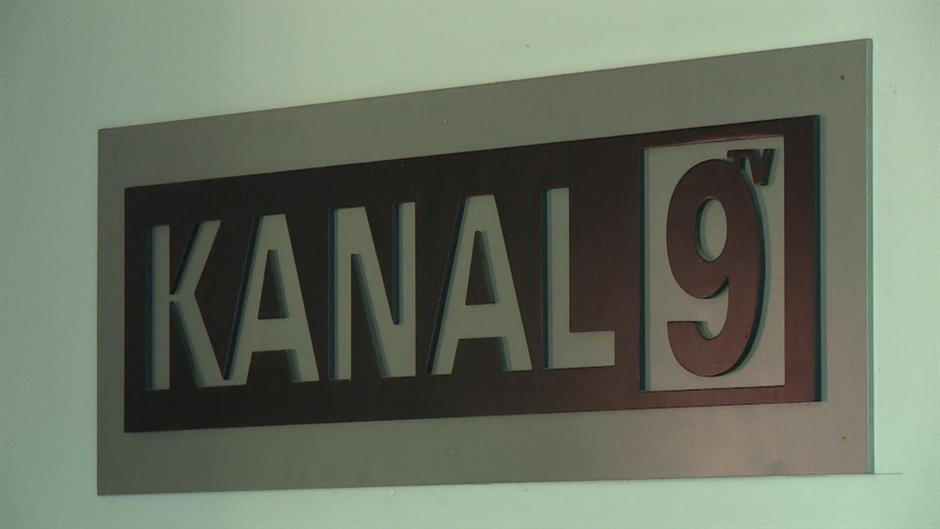
NOVI SAD, 23.05.2018. – The representatives of media associations paid a visit to Maja Pavlovic, the owner and director of the TV Channel 9 from the northern city of Novi Sad who went on hunger strike after her TV was shut down because of debts.
Pavlovic told the colleagues she would persist in her demand to first “settle the debt issue with the state and then draw the line to see who owes what and to whom.”
The TV Channel 9 signal was shut down last week after 20 years of broadcasting. It joined the list of several local media that had to stop publishing or broadcasting due to an unbearable financial situation.
They complain that the regime uses its resources to shut them down because of the criticism of the authorities.
Pavlovic said she asked the state to honour the right the TV had according to the Constitution and laws and to pay their debt to the Channel 9.
“Then we can pay ours and if after that we still owe them something then their decision will be justified,” Pavlovic said.
“But,” she added, “I cannot allow the channel to be closed because of our debt and that at the same time they don’t pay theirs.”
Pavlovic said that her TV station, after many years, could not get any money for their projects, the banks would not give them a loan because of their risk assessment, while both regional and local media in Serbia generally did not have access to bigger marketing agencies.
Among those who visited Pavlovic were representatives of the Independent Union of Journalists in Serbia (NUNS), Independent Society of Journalists in Vojvodina (NDNV) and of the Association of Independent Electronic Media (ANEM).
The director of the Emission Techniques and Links (ETL), a state enterprise, Branko Gogic said his company did everything possible but that the Channel 9 did not want to cooperate.
He added he was willing to continue a dialogue and find a compromise.
Nino Brajovic, the Secretary-General of the Union of Serbia’s Journalists (UNS) appealed to the ETL to put the Channel 9 signal back and then continue the talks.
If they don’t, Brajovic says, “this will be yet another end of a television whose owner has managed to have an independent editorial policy and to wrestle with cable operators’ networks to avoid the shutting down of the TV signal.”
Belgrade is under international criticism for what experts see is curbing the media freedom. The area is covered by a chapter in the accession talks with the European Union.
The latest Reporter Without Borders’ report said Serbia had dropped 10 places from the last year’s survey, but authorities in the country disagree, saying “that description is not deserved.”